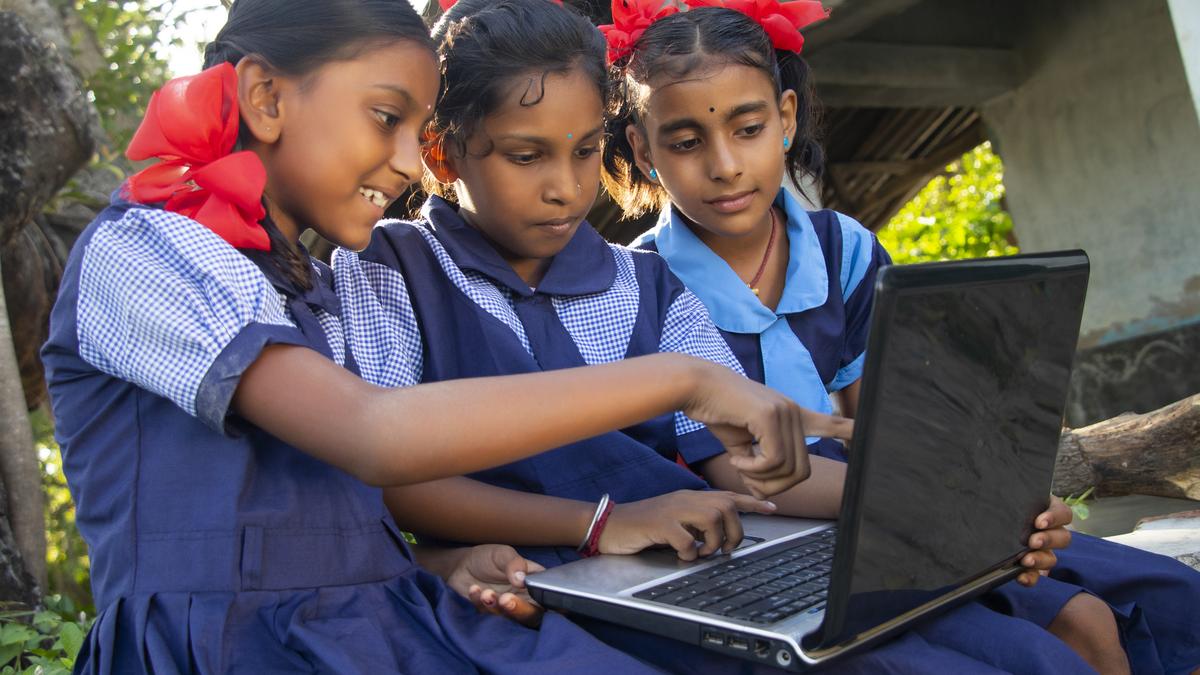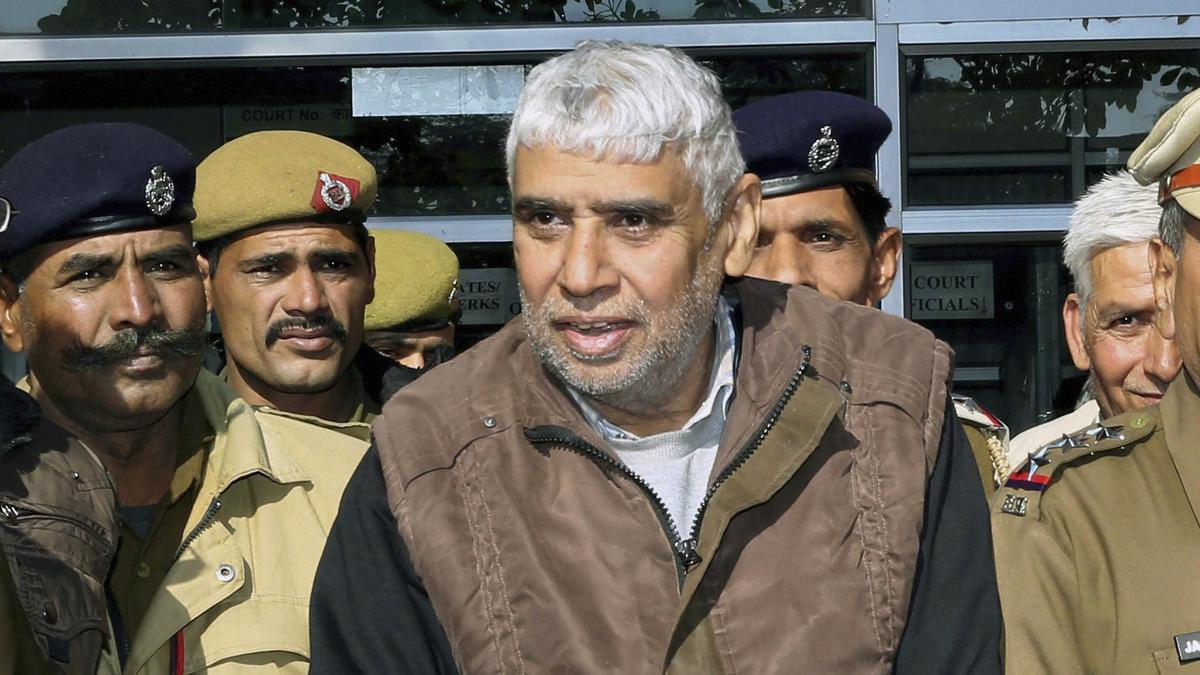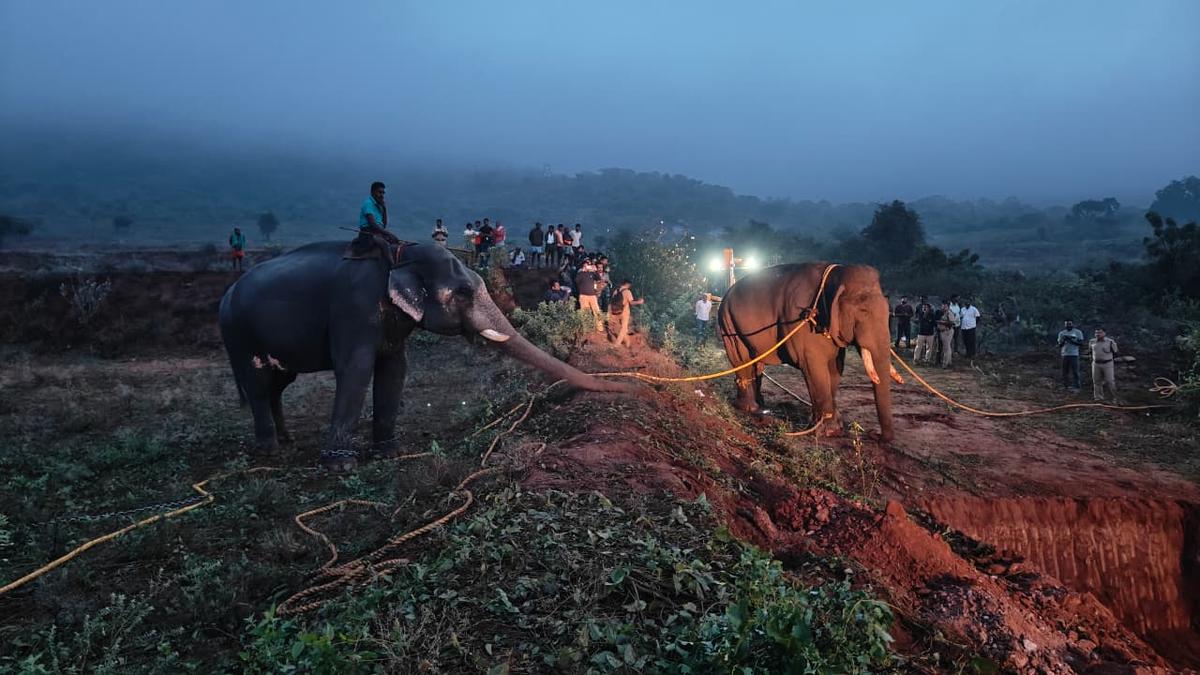The story so far: In a dramatic U-turn, Kerala which, along with Tamil Nadu and West Bengal, had refused to sign a Memorandum of Understanding (MoU) for implementing the Centrally sponsored education scheme PM SHRI (PM Schools for Rising India), has now become a signatory to it. PM SHRI schools are designed to showcase the implementation of the National Education Policy 2020 (NEP) that Kerala has criticised fiercely from the outset.
What is PM SHRI?
Launched in 2022, the PM SHRI aims at creating 14,500 exemplar institutions across the country that showcase various aspects of the NEP. It has a total outlay of ₹27,360 crore (₹18,128 crore as Central share) for five years. A total of 33 States/Union Territories had signed the MoU with the Union Ministry of Education for implementing the scheme. With Kerala joining them, the number is 34. Only Tamil Nadu and West Bengal are yet to ink the agreement.

Why is Kerala opposed to the NEP?
The Communist Party of India (Marxist)-led Left Democratic Front (LDF) government in Kerala believes the Union Government is enforcing the NEP at the behest of the Rashtriya Swayamsevak Sangh (RSS) right-wing agenda. It is of the opinion that the NEP is exclusionary and will lead to communalising of education, its commercialisation and privatisation, and centralisation of powers in the sector. Secularism, scientific thought, and Constitutional values will suffer under the policy. These fears have only been heightened by attempts to “rewrite the country’s history” by the Union Government.
Why did Kerala ink the PM SHRI agreement now?
The Union Government had withheld ₹456.01 crore due to Kerala under the flagship Samagra Shiksha education scheme for the 2025-26 financial year as it had not joined the PM SHRI initiative.
The State is also yet to get ₹513.54 crore for 2024-25 and ₹188.58 crore for the 2023-24 financial year. Altogether, this comes to ₹1,158.13 crore.
Kerala Minister for General Education V. Sivankutty says nearly 40 lakh students from marginalised sections who attend government and aided schools are directly affected by the Union Government’s move of withholding education funds. Benefits to nearly 5.6 lakh Scheduled Caste and Scheduled Tribe students and special support, therapies, and assistive devices for 1.8 lakh differently abled students have been disrupted. It has also affected free uniform and textbook distribution; allowances for female students; pre-primary education; teacher training; and conduct of examinations.
The PM SHRI scheme will run till March 2027. By signing the MoU for PM SHRI, the State will get arrears due to Samagra Shiksha Kerala and two years of PM SHRI funds, which totals ₹1,476.13 crore, according to the State. Post-agreement, the Samagra Shiksha Kerala has been assured of ₹971 crore.
How does the Kerala Government explain the shift from holding out to becoming a signatory to PM SHRI?
Minister for General Education V. Sivankutty has described the decision a tactical move designed to overcome withholding of school education funds by the Union Government.
The Minister says the Kerala Government is not ready to give up on funds for Samagra Shiksha and other projects, especially when the State is facing a financial crunch.
The Union Government had declared back in October 2022 that the objective of the Samagra Shiksha scheme is to help implement the NEP. However, the State had continued to receive Central funds till 2023. During that duration, it had implemented schemes ensuring the State’s interests and educational principles. There will be no deviation from this position, he has argued.
Does this mean the State’s stance on the NEP has changed?
The Minister says Kerala will continue its fight against the Union Government policy of implementing the RSS agenda through education. However, he has also added that the State cannot continue to oppose the National Education Policy (NEP) 2020 forever.
He cites the example of Kerala’s Higher Education Department which signed up for the PM-USHA scheme on the condition that the NEP will be implemented. However, the State had continued to follow its vision in the higher education sector. Not even 30% of the Central policy had been implemented, he argued.
The State Government argues it has implemented NEP provisions such as those on pre-primary education, teacher empowerment, 100% enrolment, and three-language formula much before the policy came into being.
How does it respond to concerns over communalising the curriculum if NEP is implemented?
The government argues the State’s curriculum is decided by it. The NEP also mentions that the States will prepare their own curricula. Textbooks readied after the recent curriculum revision in the State upheld secular, democratic, scientific, and Constitutional values.
What does the government say about MoU clause that States will implement NEP provisions in entirety?
The government argues that according to the MoU, PM SHRI schools can follow State curriculum frameworks developed in accordance with new curricular and pedagogical structure of the NEP. The Kerala Curriculum Framework (KCF) 2023 was framed by incorporating all changes at the national level. The curriculum revision has been implemented in the State in accordance with the KCF and textbooks published by it. However, any NEP provision that the goes against the State’s interests will not be implemented.
Why has the Communist Party of India, an LDF coalition partner, opposed the signing of the MoU?
The CPI has consistently opposed the signing of the MoU. The issue had come up in the State Cabinet twice, but a decision had been put off. In a sudden move, the General Education Department has now inked the MoU, leaving the CPI fuming about being kept in the dark.
Published – October 25, 2025 03:57 pm IST


